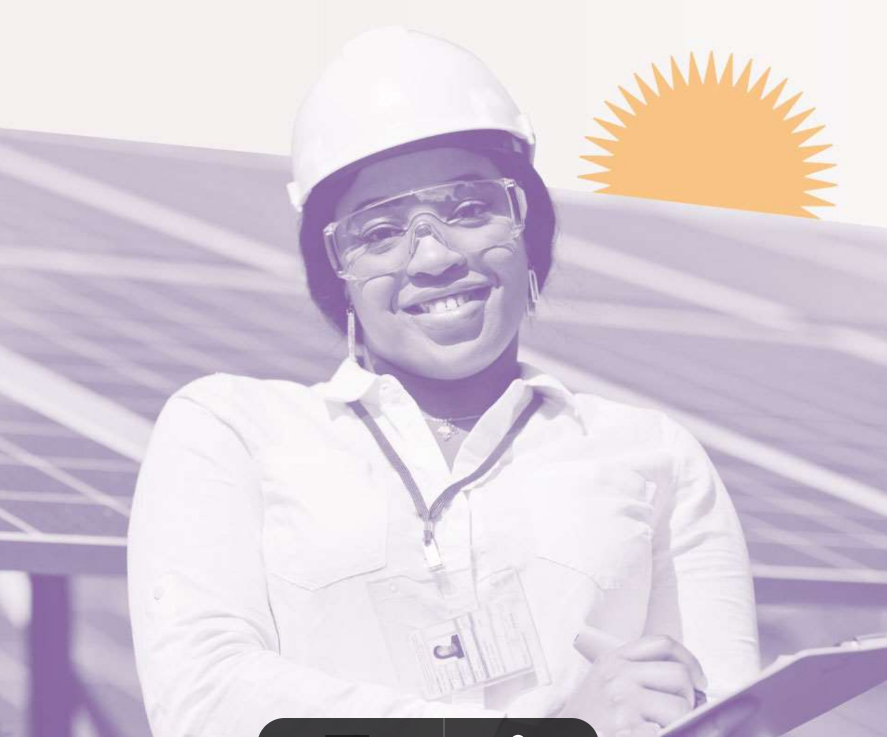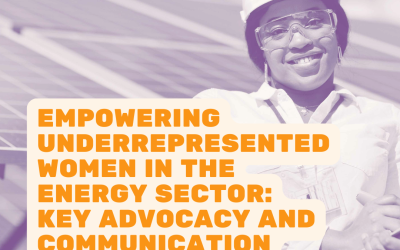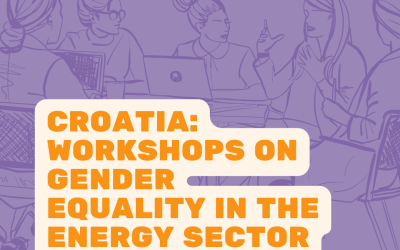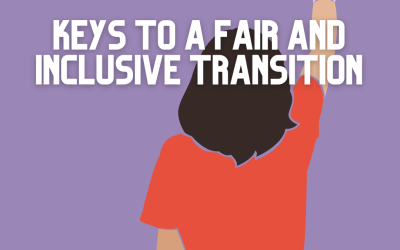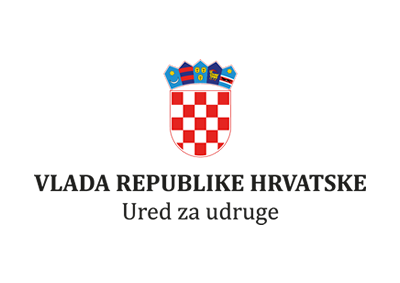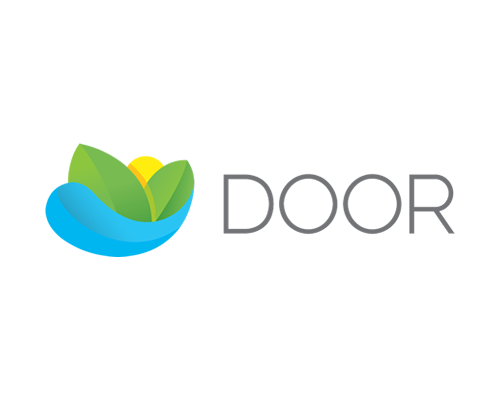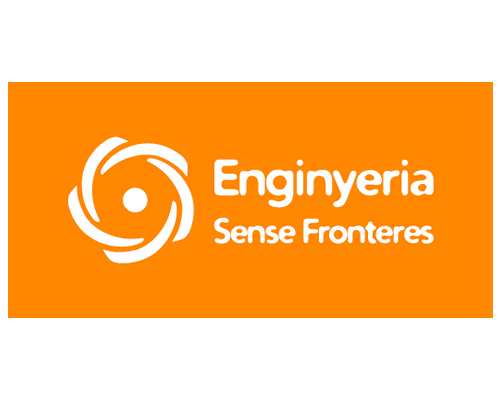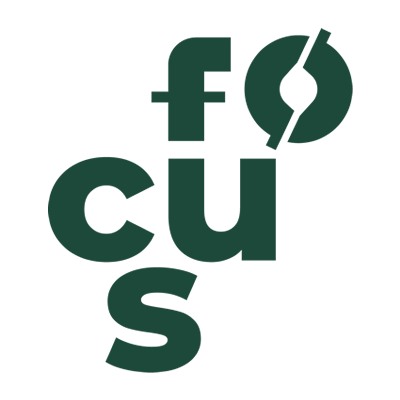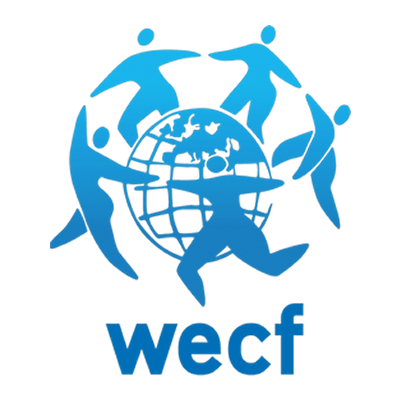The first deliverable for our project EUWES has been finalized!
D1.1 Mapping Methodology is a roadmap for all project partners from Germany, Croatia, Slovenia and Spain to analyse national gender and energy policies and identify stakeholders and target groups for (gender) trainings. D1.1 provides a brief theoretical introduction to the gender-energy nexus in order to create a common understanding of the methodological perspective and to facilitate a gender-responsive mapping process.
The deliverable is divided into different steps of the mapping process: policy mapping, stakeholder mapping, and target group mapping. For each of these steps, WECF has prepared guidance, specific models, methods and templates for project partners.
For policy mapping, partners can access publicly available data and documents and subject them to a qualitative content analysis. In this way, the status quo of gender policy in the respective energy sector is examined for each of the project countries.
In the stakeholder mapping, contact lists will be created and entry points for networking, policy and advocacy work will be identified. For example, project partners can use Mendelow’s power interest matrix and an Excel template to prioritize contacts. Stakeholders will also be involved in semi-structured interviews, for which already some guiding questions had been formulated.
The target group mapping will identify the needs of potential participants of the trainings (work package 2 of the EUWES project). For this purpose, so-called “user persona” – fictitious persons with fictitious interests to facilitate the search for target groups – were developed.
By making the mapping methodology available to all partners, comparable data can be generated. Each partner prepares a report on its own mapping process and the respective national status quo.
Click HERE to learn more about the methodology!
